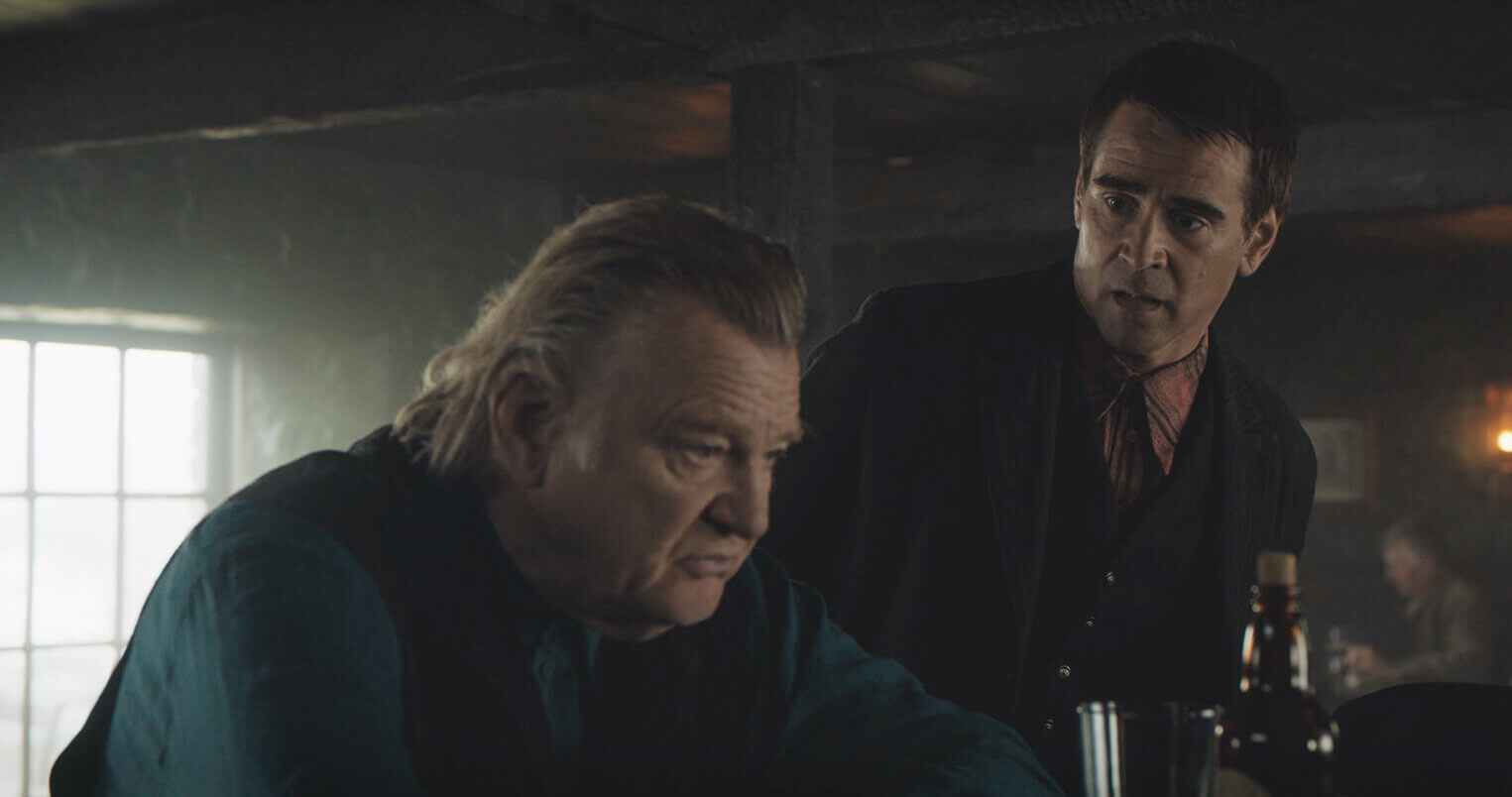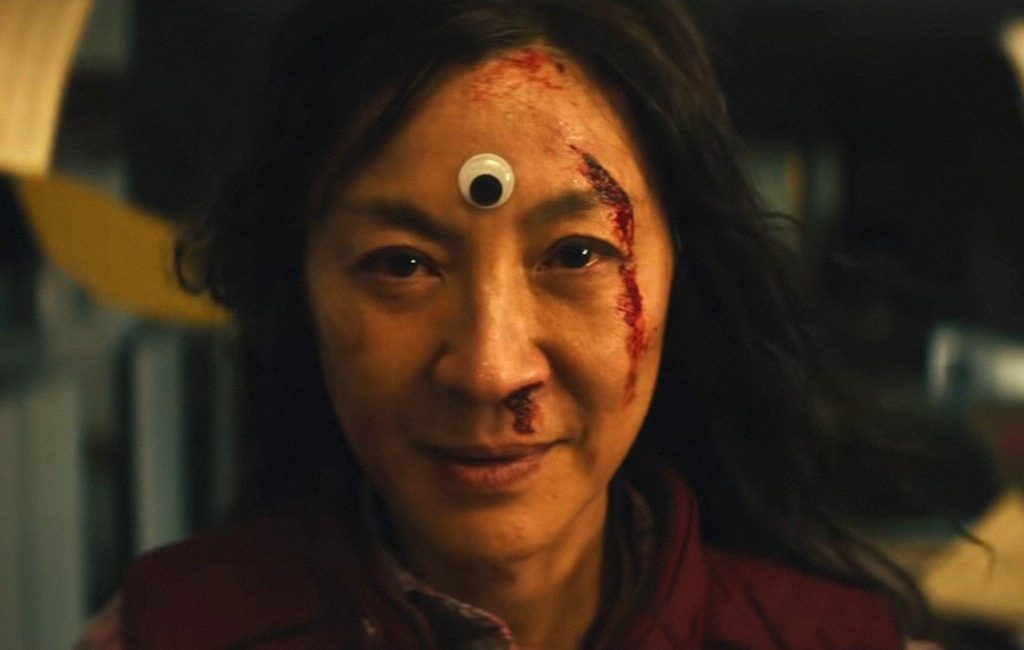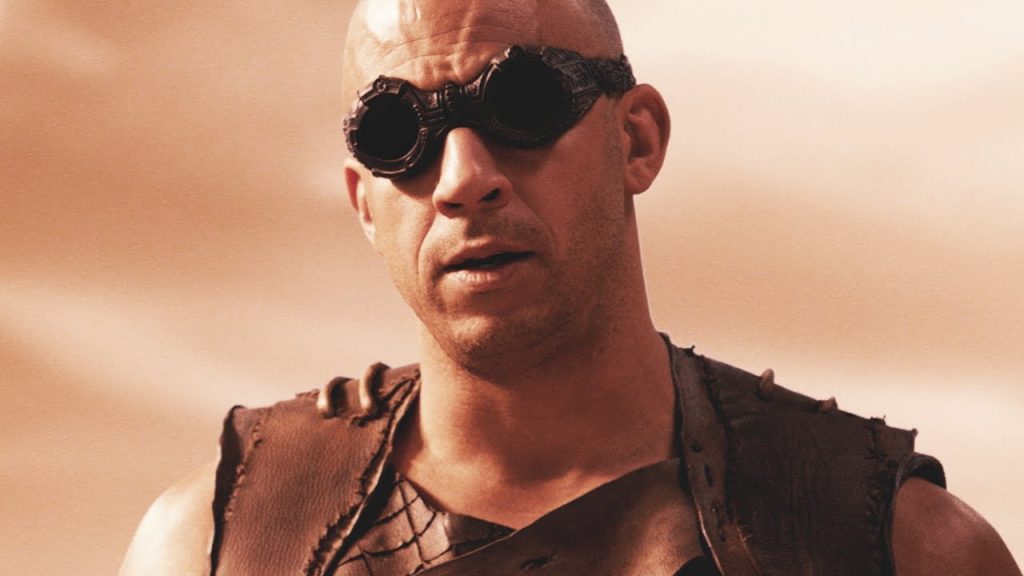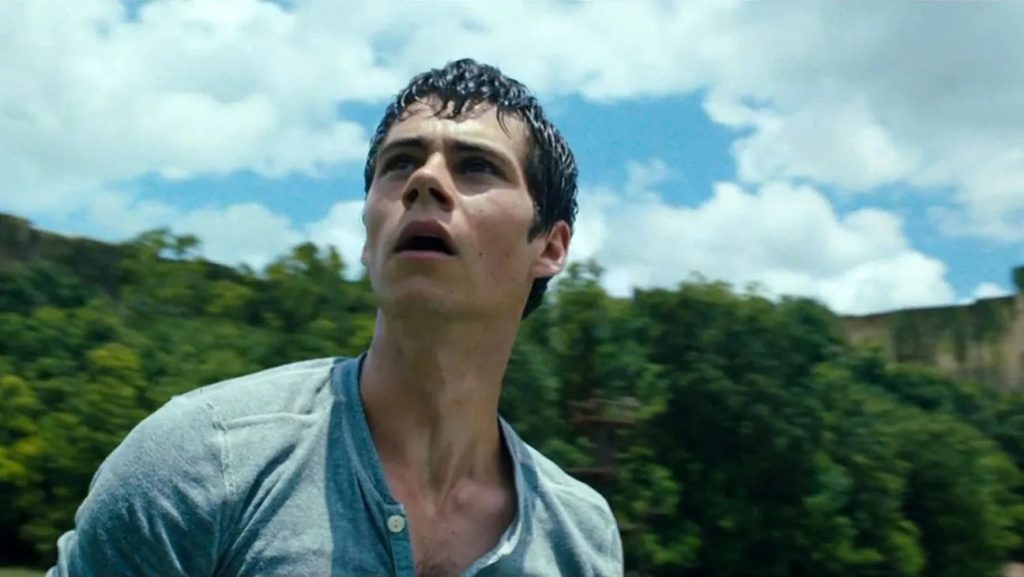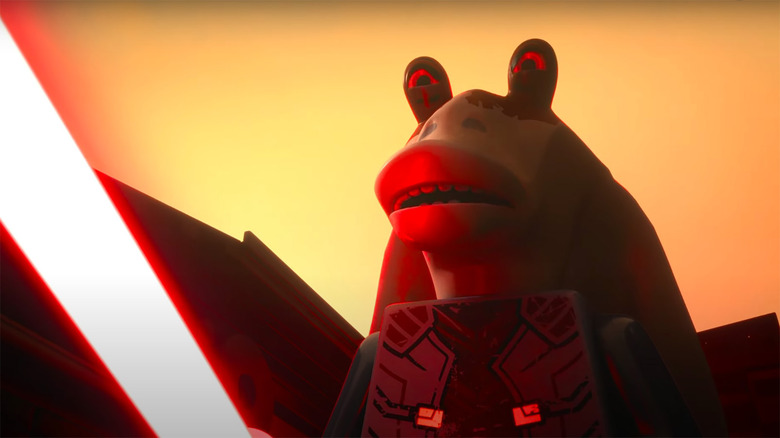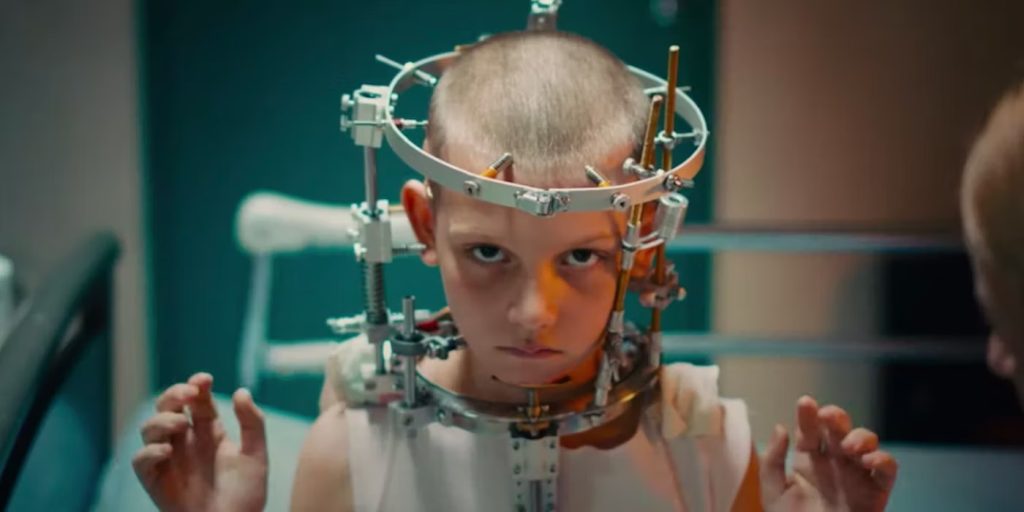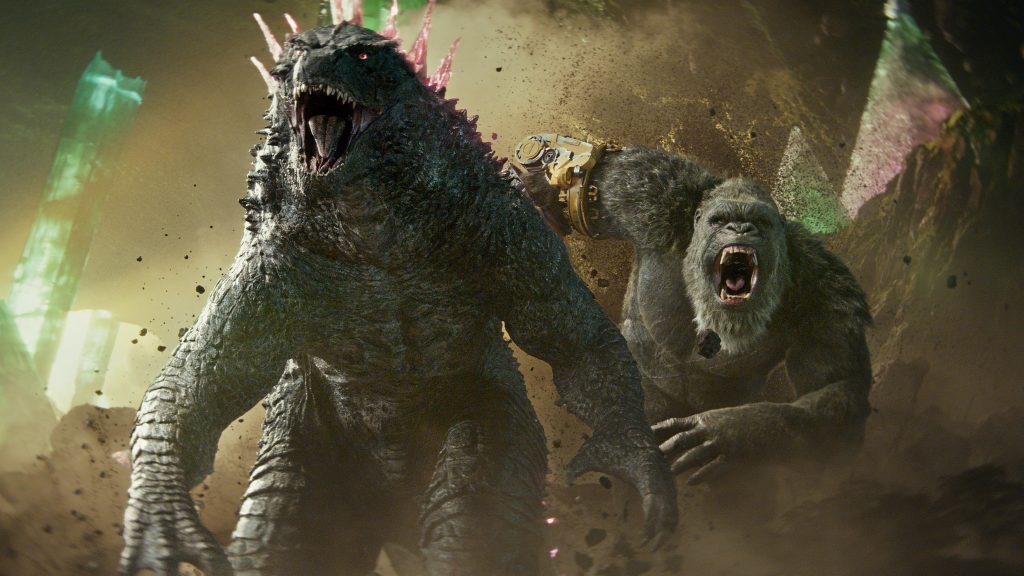Martin McDonagh reunites his In Bruges dream team – Brendan Gleeson and Colin Farrell – in a film that’s as funny, powerful, and profound as its 2008 predecessor even though it’s largely cut from an entirely different dramatic cloth. It’s 1923 and the tiny, remote island of Inisherin – a cold, bleak place whose stony-faced inhabitants live in stone-walled houses and cottages – exists away from but on the fringes of the Irish Civil War raging on the nearby mainland. Padraic Suilleabhain (Farrell) is baffled and distressed when his long-time friend and drinking buddy, local folk musician Colm Doherty (Gleeson) announces that he no longer wants to speak to his old friend as he doesn’t like him anymore. Padraic can’t understand what’s changed and what he’s done to offend and he refuses the advice of his patient sister Siobhan (Kerry Condon) and troubled local lad Dominic (Barry Keoghan) to accept the situation and just get on with his life. Colm – who spends much of his time gazing out to sea and working on a new and definitive folk song – becomes exasperated by Padraic’s constant attempts to rebuild bridges and eventually he tells him that every time Padraic bothers him or talks to him he will cut off one of his own left fingers with a pair of sheep shears.
The Banshees of Inisherin is, at its heart, a story of aching loneliness and the fragility of friendship and the inevitability of our own mortality. Padraic just wants life to carry on as he’s always known it, his restless sister Siobhan at his side and his best drinking buddy Colm never far away. Colm, though, has become aware of the butterfly nature of human life, obsessed with leaving something behind that will be remembered and no longer willing to spend time with people who don’t fulfil him. It’s achingly poignant watching Padraic plunged into despair at the loss of his friend and Colm turning his back on a friend he has presumably known all his life. The parallels between the collapse of the pair’s relationship and the war being fought just over the horizon speak for themselves.
Yet The Banshees of Inisherin is frequently absolutely hilarious, laugh out loud funny. Padraic – possibly Farrel’s finest performance – is a simple soul completely at sea when his world is turned upside down and convinced that his persistence will put things right. Barry Keoghan is a simple soul but he’s an oddly wise head on young shoulders; he sees things as they are, in black and white with no shades of grey and he often provides much of the film’s broadest humour despite the dark underbelly of his own life, living with his father, brutish local Police officer Peadar Kearney (Gary Lydon) who physically and sexually abuses him. Gleeson is superb, of course, a man of few words, a forbidding, giant bear of a man who has made up his mind and will not be turned. Kerry Condon’s delightful Siobhan is the voice of reason but even she can only take so much of life on the barren, insular island with its quirky roll call of eccentrics.
The Banshees of Inisherin is a powerful, thoughtful, beautifully-photographed piece that will make you laugh uproariously one minute before turning on a dime and bringing a tear to your eye. It’s worlds away from the sort of fare we tend to take for granted at our multiplexes and it’s a reminder that some of the very best stories are about ordinary folk living ordinary lives with all the humour and drama and tragedy that comes with just being alive. Outstanding.
THE BANSHEES OF INISHERIN is in cinemas now.

